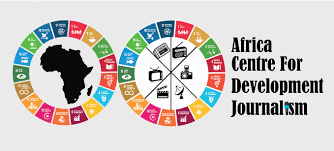Kano restates commitment to transparency and accountability in health sector

The Kano state commissioner of health, Dr Kabiru Ibrahim Getso, has restated the Abdullahi Ganduje-led government of Kano state’s commitment to ensuring transparency and accountability in the state’s health sector.
“It is important that the civil society and general public are kept informed of activities in the health sector towards [ensuring] transparency and accountability,” says Dr Kabiru Getso, while speaking at a quarterly stakeholders’ forum on the review of the performance of the health sector in the state.
The stakeholders’ forum was organised by the Accountability Mechanism for Maternal, Newborn and Child Health in Kano state (AMMKaS) in collaboration with the Community Health and Research Initiative (CHR) in the view to entrenching the culture of openness, transparency and accountability in the state’s public health sector.
Dr Getso added that the Kano state government was doing a lot towards ensuring the delivery of quality healthcare services in the state including procurement of state-of-the-art equipment worth hundreds of millions of naira and the establishment of the Kano State Contributory Healthcare Scheme as well the Kano State Healthcare Trust Fund which will guarantee sustainable healthcare financing in the state.
Speaking on the $1.5 million (over 400 million naira) Saving One Million Lives Initiative grant given to each of the 36 states of the Nigerian federation, the commissioner who confirmed receipt of the funds said Kano state would be spending its grant on ensuring the delivery of quality maternal healthcare services to women in the state.
“We have received over 400 million naira grant from the Saving One Million Lives Initiative and we are planning to spend the funds on preventing mother to child transmission of HIV/AIDS, training of traditional birth attendants (TBAs) and incentivizing hospital delivery to encourage women in the state to deliver of their children in the hospital,” he said.













